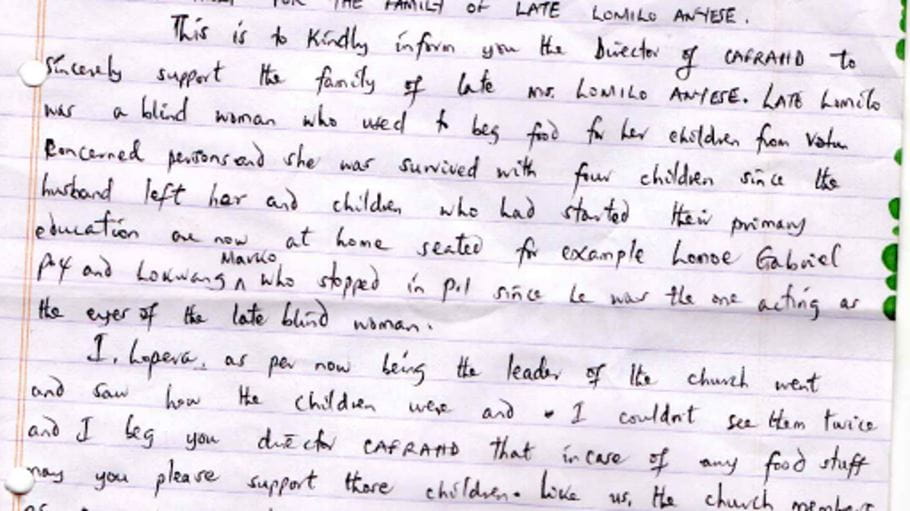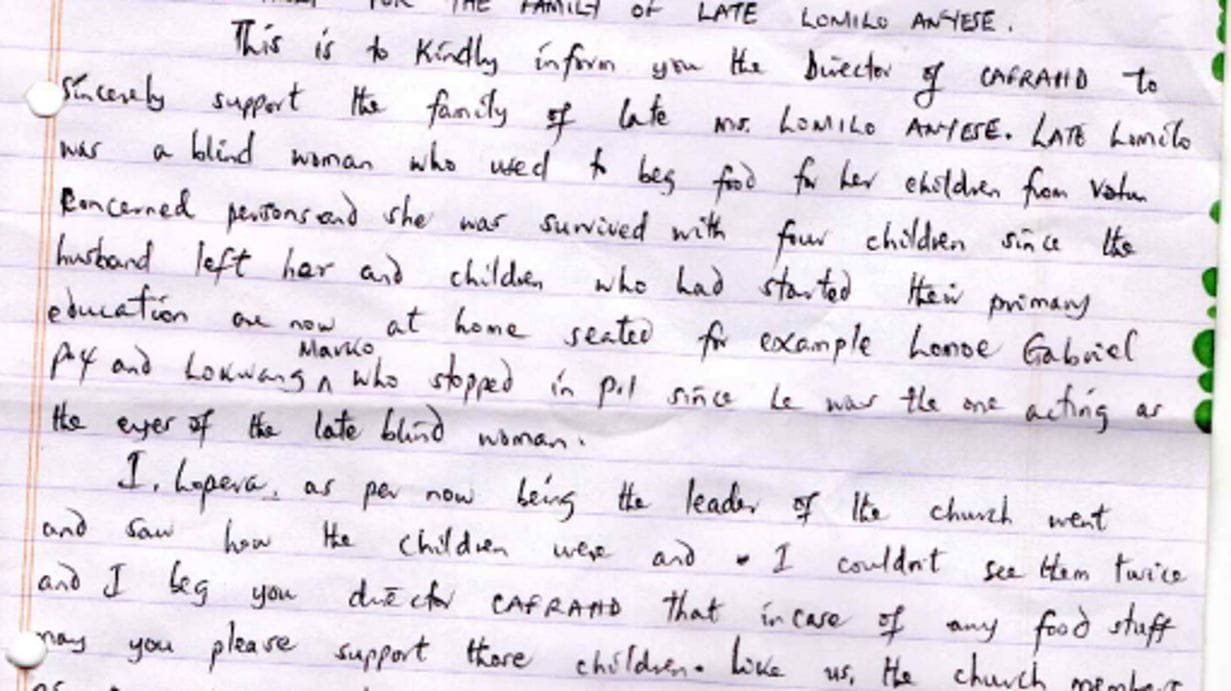Of the 1.2 million people living in Karamoja, Uganda, more than 518,000 are facing critical food insecurity. Of these, 90,000 are at emergency levels without food to eat. ‘For the first time in three years, all the nine districts of Karamoja are at crisis level or worse,’ says Narem Sarah Kotido, Chairperson of the local District Disaster Management Committee.
Below average harvests due to erratic rainfall in Uganda
It seems that it is only a matter of time here in Karamoja until news of people giving up the battle for their lives due to hunger and starvation may be all over our news again. Following the compounding impacts of five consecutive years of below-average harvests due to poor and erratic rainfall, along with political and economic insecurity which have taken a toll on many households, it is currently expected that most families will be starving and require food aid to survive until around September 2024 unless the rains come early.
The rain that has been falling in April might improve the situation starting from June 2024, however, the food security situation has been made worse by the fact that the little food harvested in 2023 was not enough to last beyond December 2023. Since the beginning of 2024, communities have been feeding on the last food portions of the harvested millet and sorghum, and have consumed the stored seeds which were meant to provide for people through the lean April/May 2024 season between harvests.
We visited Karamoja in late March and what we saw and the reports we heard point to an alarming phase of the food security crisis kicking in.
Balanite leaves – a last resort for food
Longora Joyce, 74 years old, says she is surviving on God’s mercy alone. She can hardly walk any more due to hunger. Joyce depends on her neighbours, who collect balanite tree leaves to boil for food*. When the team from Tearfund and CAFRAHD (our local partner, Church Action for Relief and Holistic Development) visited her, we found that Joyce had not eaten in the past 24 hours. Looking around her fireplace, it was evident that it had been a long while since she last cooked anything in her compound. It was painful to see. This was the same situation for many elderly people in the Karamoja region.
Selling fence posts for food
In another village, our team met a woman by the name of Magdalene. She is also 74 years old and she lives together with her elderly husband. The couple are blessed with five children. Four of her children have moved away to neighbouring districts to look for whatever work they can get to survive the hunger at home. According to Magdalene, her children hardly ever come home or are able to send help back for her and her husband. Their youngest son lives with a neighbour who agreed to take care of him.
Life has become difficult for Magdalene and her husband. In a desperate attempt to cope with the situation, Magdalene resorted to uprooting her door, which she sold for two jars of sorghum to live off for one week. When she was asked why she sold the door, she responded: ‘With or without the door in my house, I will still die of hunger.’
After selling the door, Magdalene ended up selling off her wooden homestead fence, a few sticks at a time, to buy sorghum for food. By the time of our visit, she had sold almost half of the fence as firewood.













